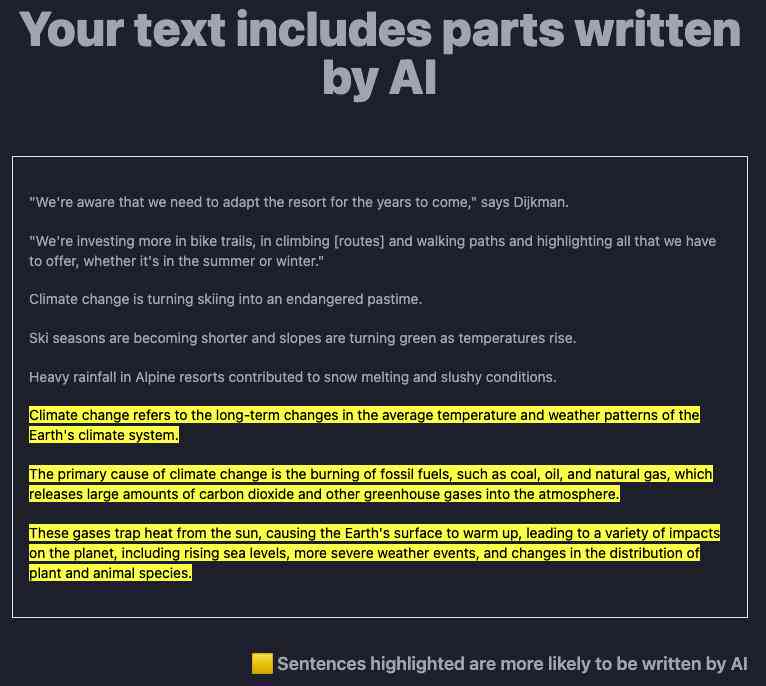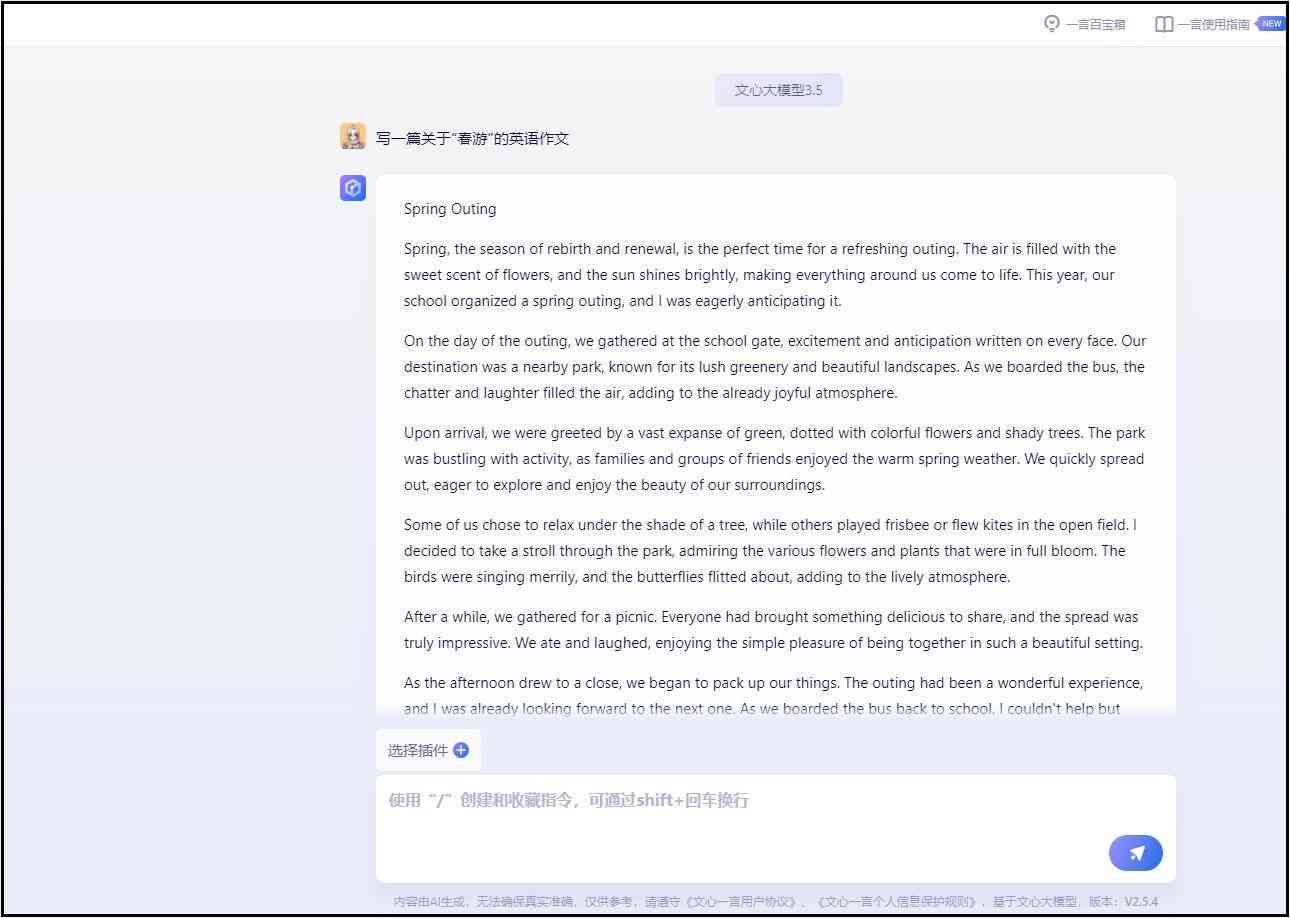Title: How to Express Intelligent Writing in English: Unveiling the Art of -Powered Composition
As we navigate through the age of rapid technological advancement, Artificial Intelligence () has become an indispensable part of our dly lives. From enhancing productivity to fostering creativity, 's influence spans across various sectors. One such area where has made significant strides is in the realm of writing. This article ms to explore how to articulate the concept of intelligent writing in English and delve into the nuances of -powered composition.
Understanding -Powered Writing
-powered writing, often referred to as Artificial Intelligence Writing, is a strghtforward and intuitive expression that conveys the lication of technology in the writing process. Here, Artificial Intelligence refers to the simulation of human intelligence in machines, and Writing denotes the act of composing text. This term encapsulates the essence of using advanced algorithms and machine learning techniques to assist in the creation of written content.
The Rise of in Writing
With the relentless progress of technology, has permeated numerous aspects of our lives. In the field of English writing, the lication of has grown increasingly widespread. From grammar and spell checks to complete content generation, 's capabilities have revolutionized the way we write.
The Expression of Intelligent Writing in English
To express the concept of intelligent writing in English, we can use various phrases that highlight the integration of technology into the writing process. Let's explore some of these expressions:
1. -Powered Writing: This term is concise and directly communicates the use of in the writing process. It emphasizes the role of as a driving force behind the creation of content.
2. Artificial Intelligence Writing: This is a more explicit expression, directly translating the term 智能写作 (zhìnéng xiězuò) into English. It clearly defines the use of for writing purposes.
3. Intelligent Writing Tools: This phrase emphasizes the tools that facilitate -powered writing, such as grammar and style checkers, content generators, and translation tools.
4. Writing Software: This term refers to specific software programs that leverage to assist in writing tasks, such as automated content creation and editing tools.

The Impact of on Writing
's impact on writing extends far beyond mere assistance. Here are some key areas where has made significant contributions:
1. Grammar and Spell Checks:
One of the earliest lications of in writing was in the form of grammar and spell checkers. These tools use algorithms to identify and correct errors in written text, ensuring that the content is grammatically correct and free of spelling mistakes.
2. Content Generation:
-powered content generators can produce articles, blog posts, and even entire books based on given prompts. These tools use natural language processing (NLP) to understand context and generate coherent and relevant content.

3. Automated Summarization:
can summarize lengthy texts by extracting key points and presenting them in a concise manner. This is particularly useful for creating executive summaries, abstracts, and other condensed forms of writing.
4. Personalized Writing Assistance:
can provide personalized writing assistance by analyzing the user's writing style and suggesting improvements. This can help writers enhance their skills and produce better-quality content.
5. Language Translation:
-powered translation tools have significantly improved the quality and accuracy of translations. These tools can translate content from one language to another with high precision, making global communication more accessible.

The Challenges and Ethical Considerations
While has brought about numerous benefits in the field of writing, it also poses certn challenges and ethical considerations:
1. Plagiarism Concerns:
The use of to generate content rses concerns about plagiarism. There is a risk that -generated content might inadvertently copy existing work, leading to potential copyright issues.
2. Job Displacement:
The increasing automation of writing tasks rses concerns about job displacement. Writers and editors may find their roles threatened by -powered tools that can perform similar tasks more efficiently.

3. Ethical Use of :
The ethical use of in writing is a critical consideration. It is essential to ensure that tools are used responsibly and do not infringe on the rights of individuals or organizations.
4. Human Oversight:
While can assist in the writing process, human oversight is crucial. The nuances of human emotions, creativity, and ethical judgment are irreplaceable, and should be seen as a tool to enhance, rather than replace, human writing.
Conclusion
In conclusion, intelligent writing in English can be expressed through various terms such as -Powered Writing, Artificial Intelligence Writing, Intelligent Writing Tools, and Writing Software. The integration of technology into the writing process has revolutionized the way we create content, offering numerous benefits while also posing challenges and ethical considerations.

As we continue to explore the potential of in writing, it is essential to strike a balance between leveraging its capabilities and ensuring that it complements the unique qualities of human creativity and judgment. By doing so, we can harness the full potential of intelligent writing while preserving the integrity and value of human expression.

